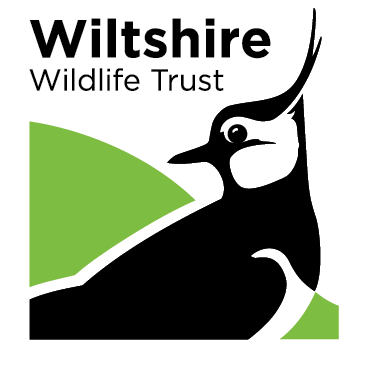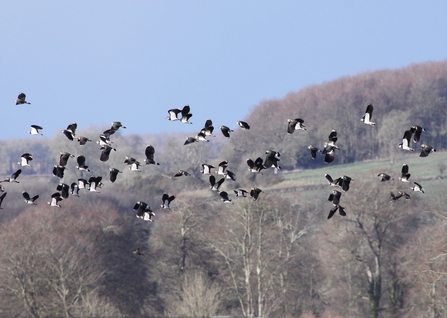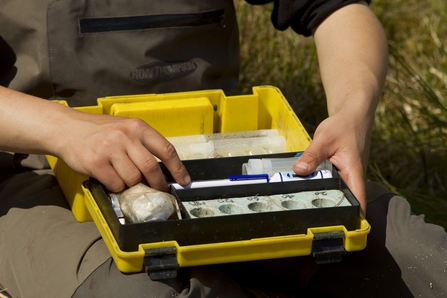Chalkland Revival, a significant collaborative project led by Wiltshire Wildlife Trust, has been awarded a grant of £152,028 from the North Wessex Downs National Landscape's Farming in a Protected Landscape programme. This project brings together a range of partners including The British Deer Society, North Wessex Downs National Landscape, the Farming and Wildlife Advisory Group South East (FWAG), Future Nature, Wild Oxfordshire, the Soil Association, and Wiltshire and Swindon Biological Records Centre (WSBRC), as well as five farm clusters (Wessex and Combes Cluster, Southern Streams Farmers Group, the Cleres Cluster, Wessex Downlands Cluster, and The Ridgeway Cluster) covering over 40,000 hectares, in a concerted effort to restore nature and support sustainable farming across the iconic chalk landscape of the North Wessex Downs.
The project will deliver a range of benefits for nature, climate, and the local community. Key activities will focus on reversing the decline of iconic local wildlife such as farmland birds, and building a greater understanding of the landscape's health, as well as exploring new sustainable economies to support farmers.


